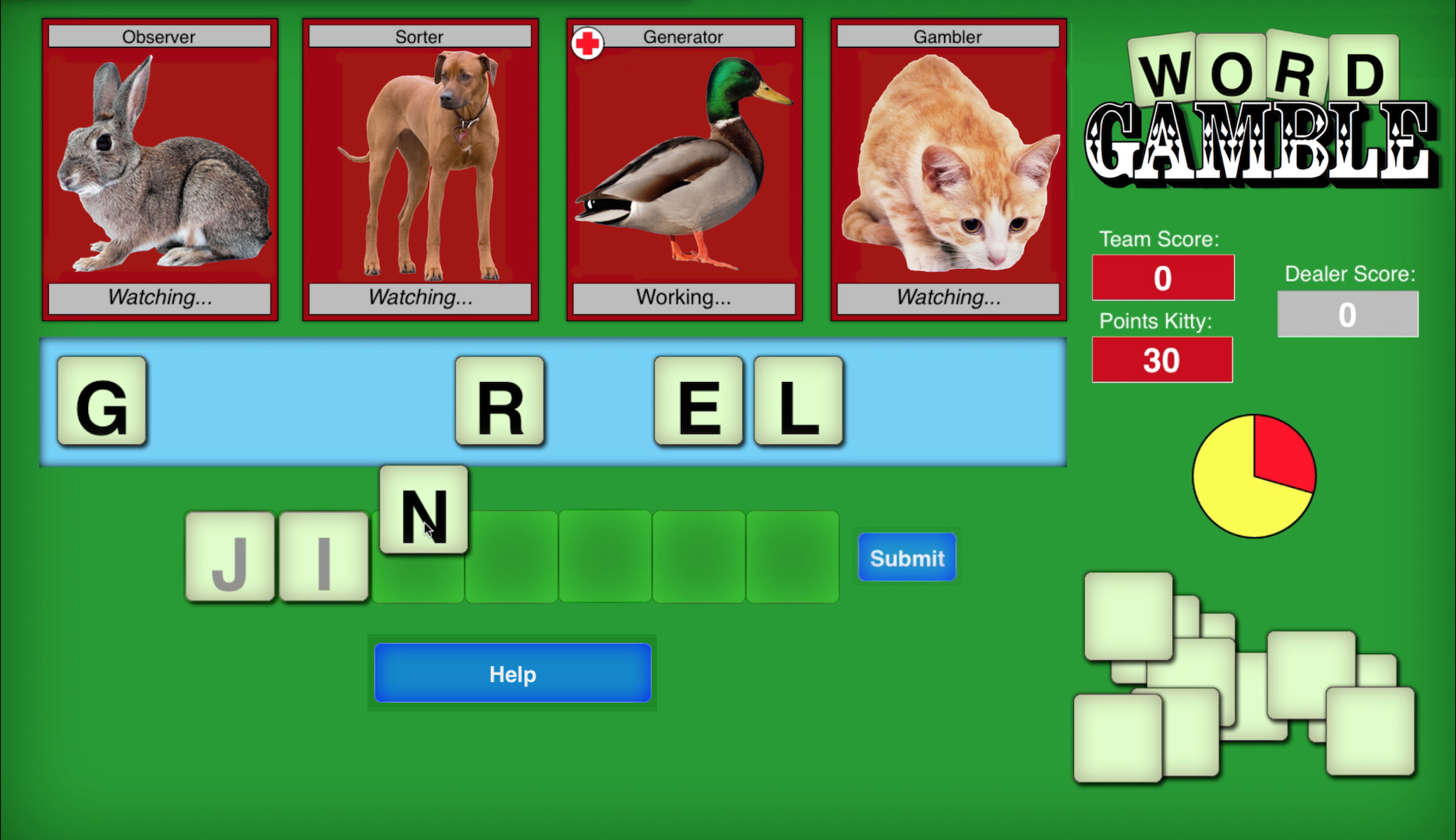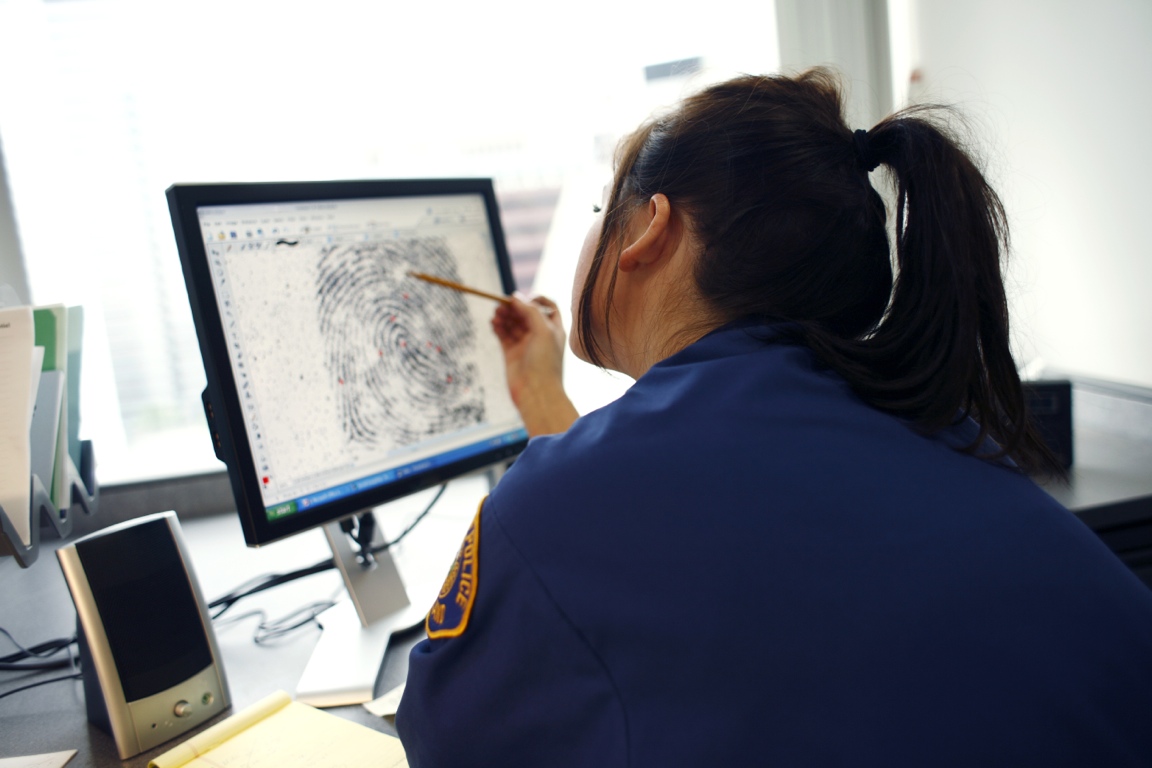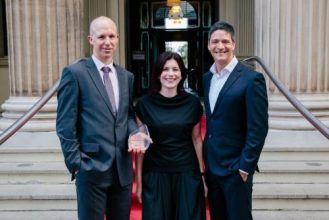I’m a PhD candidate in the Applied Social Psychology Lab at the University of Queensland, Australia. I began my PhD with a simple question: why is it sometimes hard to ask for support? In particular, I was interested in why this occurs in the context of groups we feel strongly connected to, and despite the perception that support is readily available should we need it.
In order to explore this question, I used a variety of different research methods. I presented participants with hypothetical situations involving support seeking. I asked people about their actual experiences of having trouble asking for help. I also examined this issue in the particular context of men’s help seeking for mental health problems. Along the way, I discovered some interesting things about how we evaluate other people who ask for support, how we evaluate ourselves when we ask for support, and how this might influence our own intentions to ask for support – but that’s a story for another time (perhaps in a thesis due in 1 month!). Despite these discoveries, I found it hard to understand how these processes influence actual support seeking behaviour. I eventually realised one thing: I had to get Applied.
Together with my supervisors Associate Professor Blake McKimmie and Professor Alex Haslam, we developed a game paradigm that would allow us to observe actual help-seeking behaviour as it unfolded within a cohesive team experience. It was with this paradigm that I could finally put forward some tentative answers to the question of why it’s sometimes hard to seek support. Sometimes, we perceive support to be threatening to our sense of autonomy and competence within a group environment, especially when the norms of the team encourage independent work. When we perceive support to be threatening in this way, we feel pretty uncomfortable about asking for support – which leads to less actual support seeking.

With this basic understanding of how support seeking behaviours unfold in a controlled laboratory setting, we can now better understand why it might be hard to ask for support in real world situations, such as in the workforce, or at school. With this knowledge, we’ll be able to encourage people to ask for help before a small problem becomes a big one.



